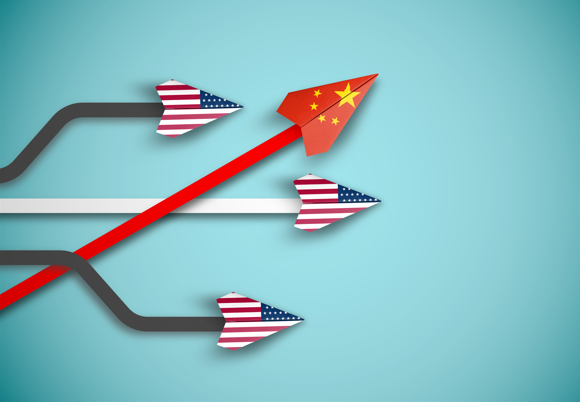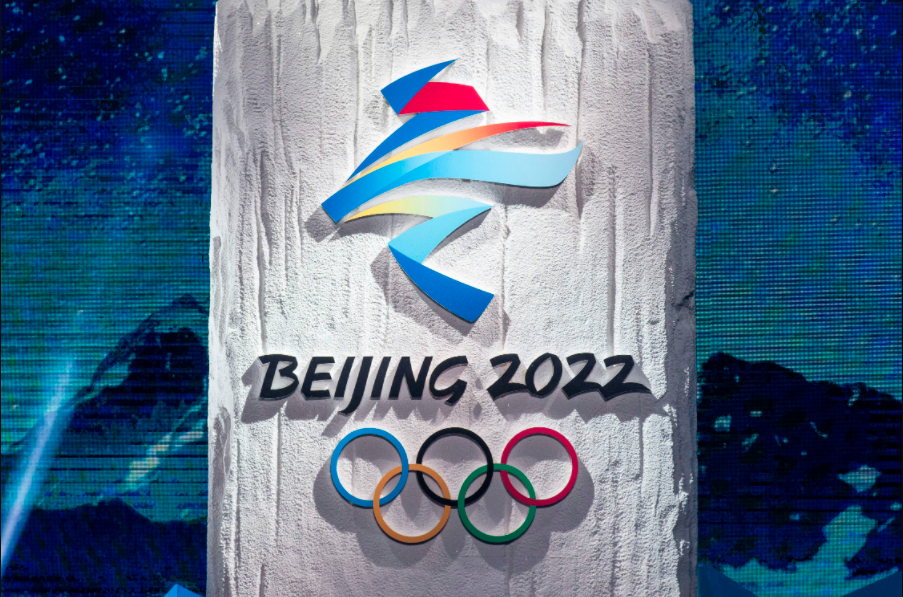Su Jingxiang, Fellow, China Institutes for Contemporary International Relations
Jan 03, 2022
Containment of China is a long-term U.S. strategy — one that continues to expand. Now guided by the Biden administration’s National Security Strategy, which was released in March 2021, a wide range of government departments are formulating anti-China policies. They are not going to stop.

Yan Xuetong, Distinguished Professor, Tsinghua University
Dec 28, 2021
Strategic competition between China and the United States should be characterized not as a new cold war but as an uneasy peace. Shooting is not likely to break out, but the two countries will remain in dread of each other in the coming decade.
He Weiwen, Senior Fellow, Center for China and Globalization, CCG
Dec 24, 2021
Despite a meeting of presidents and intensive talks at lower levels, the United States has not fundamentally altered its position. This needs to change. Next year should be characterized by reasonable, constructive efforts — followed by action — to ease the current tensions.
Li Yan, Director of President's Office, China Institutes of Contemporary International Relations
Dec 22, 2021
The recent Summit for Democracy organized by U.S. President Joe Biden, indicates a new long-term focus for the US-China rivalry. This can be destructive. Whether the two countries can coexist without catastrophe is at the top of the agenda.

Yang Wenjing, Research Professor, Institute of American Studies, CICIR
Dec 15, 2021
Playing to his domestic audience, the U.S. president must appear tough on human rights. But this has its limits. America’s half-baked Olympic boycott applies only to diplomats, not to athletes. To do more would risk domestic and international blowback.
Yu Yongding, Former President, China Society of World Economics
Dec 14, 2021
In 2018, Steve Bannon, then-US President Donald Trump’s chief strategist, argued that the United States needed to “decouple” from China. Since then, the term has become a fixture in discussions of Sino-American relations – to the point that some, such as former Australian Prime Minister Kevin Rudd, have warned that it could become a self-fulfilling prophecy. How salient is that risk today?
Sun Chenghao, Fellow, Center for International Security and Strategy of Tsinghua University; Munich Young Leader 2025
Dec 14, 2021
President Joe Biden inherited his predecessor’s strategy of great power competition, but he has now changed its style and approach. No longer is it “America alone” but a new method making better use of its values, position in global governance and strategic alliances.
Brian Wong, Assistant Professor in Philosophy and Fellow at Centre on Contemporary China and the World, HKU and Rhodes Scholar
Dec 09, 2021
The future of Sino-American relations rests with maximising the yield of what can be changed, and minimising the relevance of what can’t be changed. The multitude of differences that the U.S. and China can’t resolve must be set aside to allow for genuine change to take place.
Jin Liangxiang, Senior Research Fellow, Shanghai Institute of Int'l Studies
Dec 09, 2021
While the United States talks about the need to prevent conflict with China, it engages purposefully in sabotage — especially regarding Taiwan and the South China Sea. While nations can design mechanisms to deal with unforeseen events, no guardrail can prevent a deliberate act.
Doug Bandow, Senior Fellow, Cato Institute
Dec 08, 2021
President Joe Biden and Xi Jinping finally talked, but now comes the hard work of resolving differences and managing others to maintain the world’s most important bilateral relationship.
Back to Top

- China-US Focus builds trust and understanding between the U.S. and China through open dialogue among thought leaders.
- Our Offerings
- Topics
- Videos
- Podcasts
- Columnists
- Research Reports
- Focus Digest
- Stay Connected
-
Thanks for signing up!
- Get the latest stories from China-US Focus weekly.